Resources
All the latest updates, podcasts, tools, and online guides to help facilitate your computer science classroom experience, in-person or online.
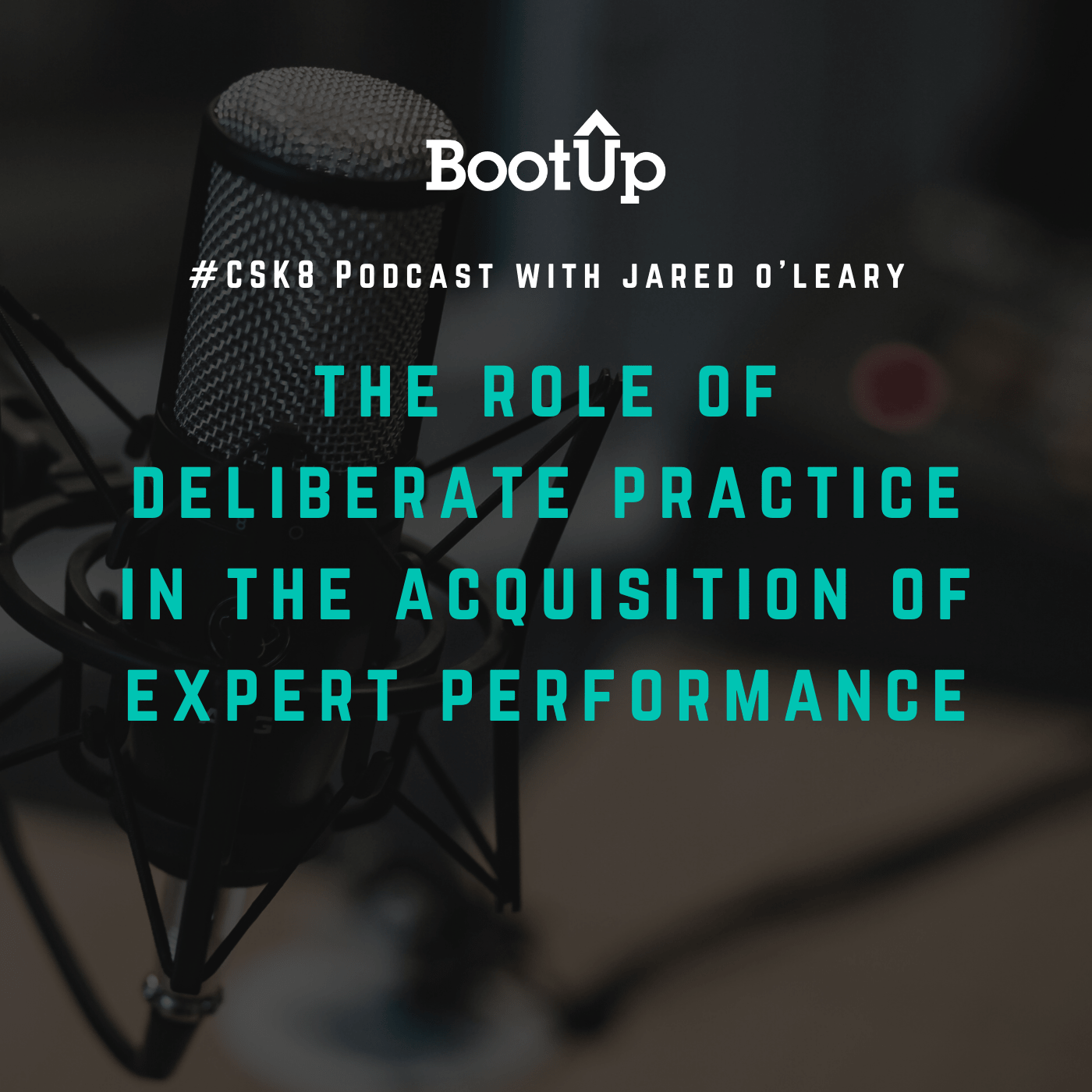
The Role of Deliberate Practice in The Acquisition of Expert Performance
In this episode Jared O'Leary unpacks Ericsson, Krampe, and Tesch-Römer’s (1993) publication titled “The role of deliberate practice in the acquisition of expert performance,” which debunks the notion of innate abilities within a domain and describes the role of deliberate practice in achieving expert performance.
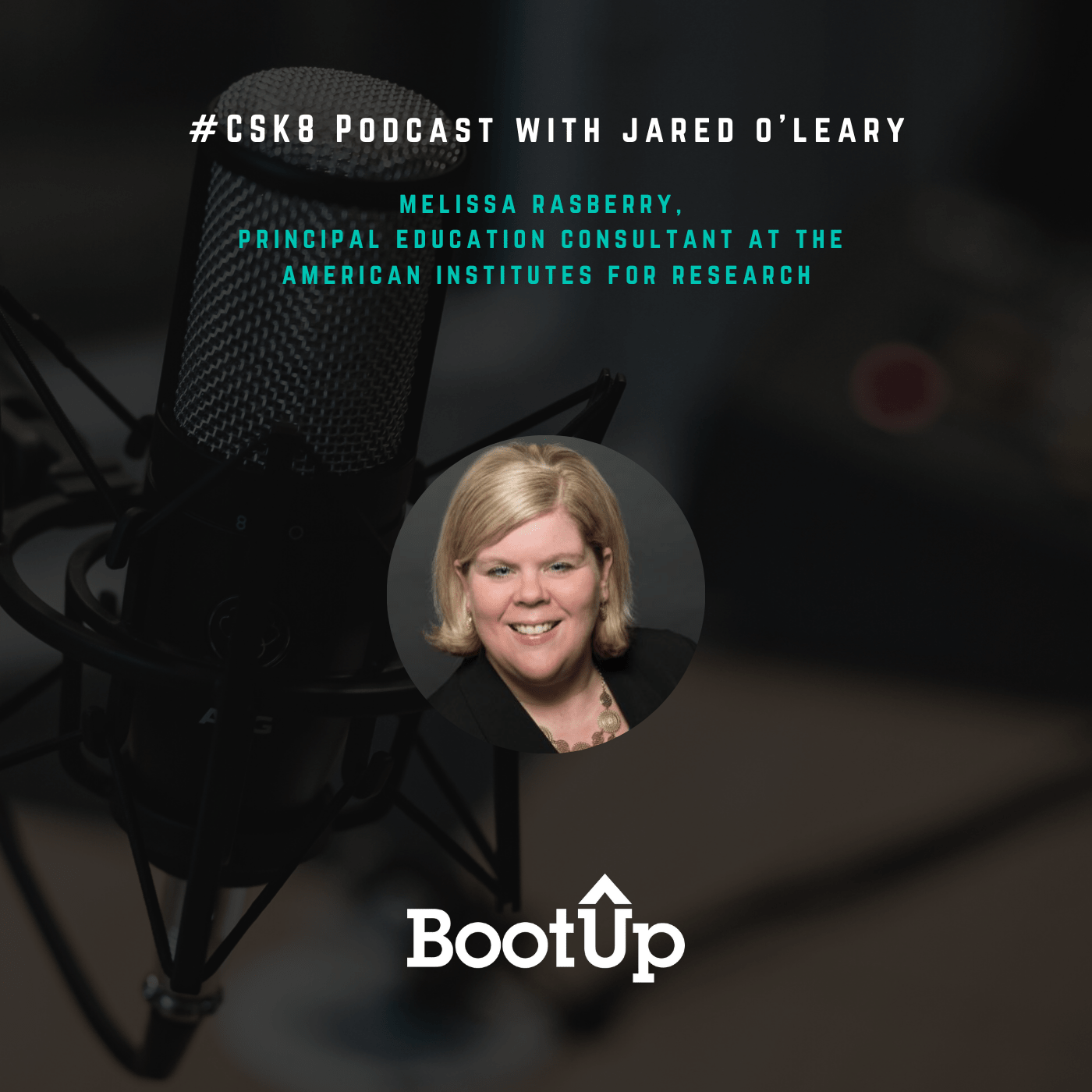
CS for All Teachers with Melissa Rasberry
In this interview with Melissa Rasberry, we discuss making educational lemonade out of lemons, using technology to collaborate in virtual learning communities, how people are learning differently through online communities, CS for All Teachers, suggestions for using different social media platforms to connect with other educators, and much more.
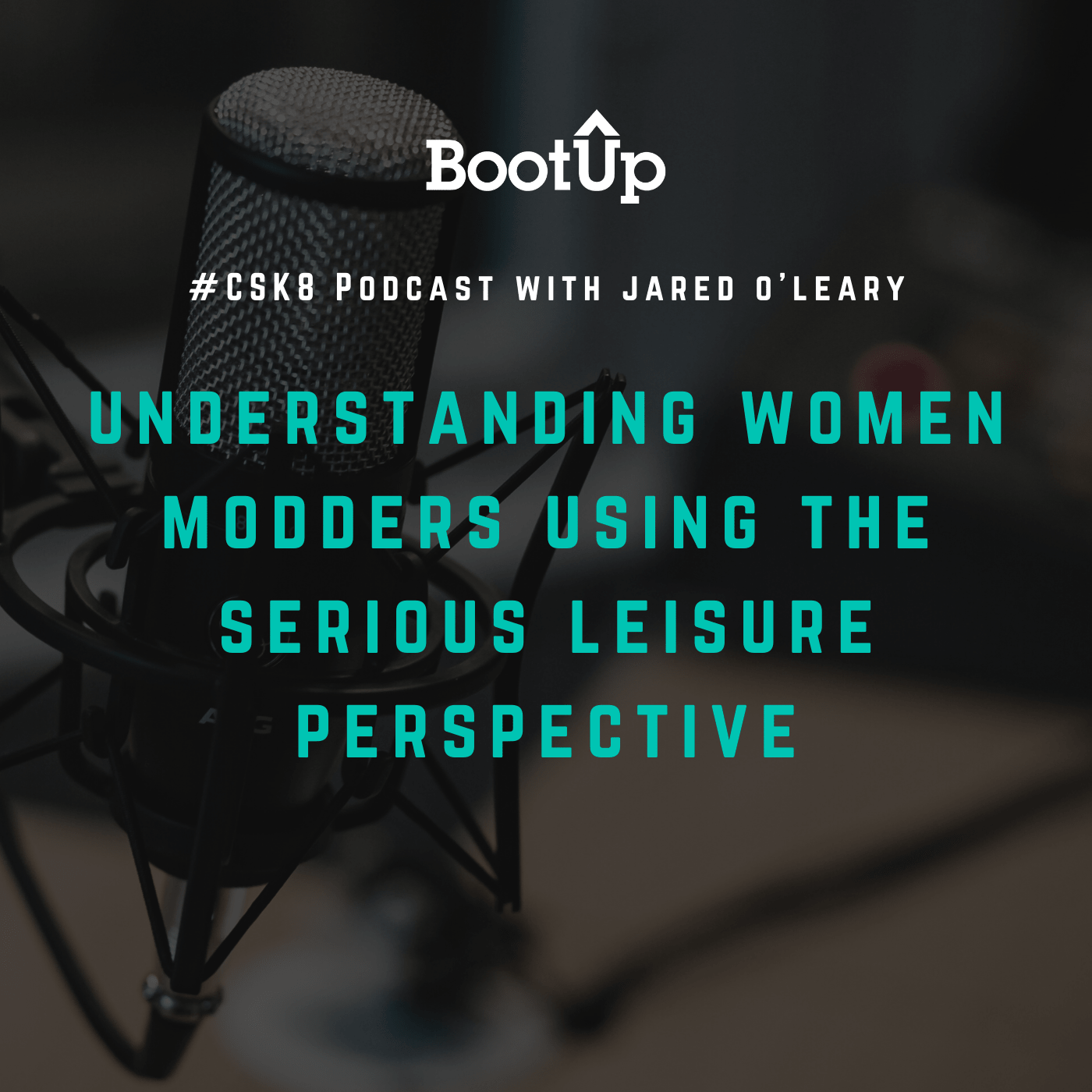
Understanding Women Modders Using the Serious Leisure Perspective
In this episode Jared O'Leary unpacks Trancred et al.’s (2020) publication titled “Understanding women modders using the serious leisure perspective,” which discusses a survey that investigated motivations for participating in modding practices among women.
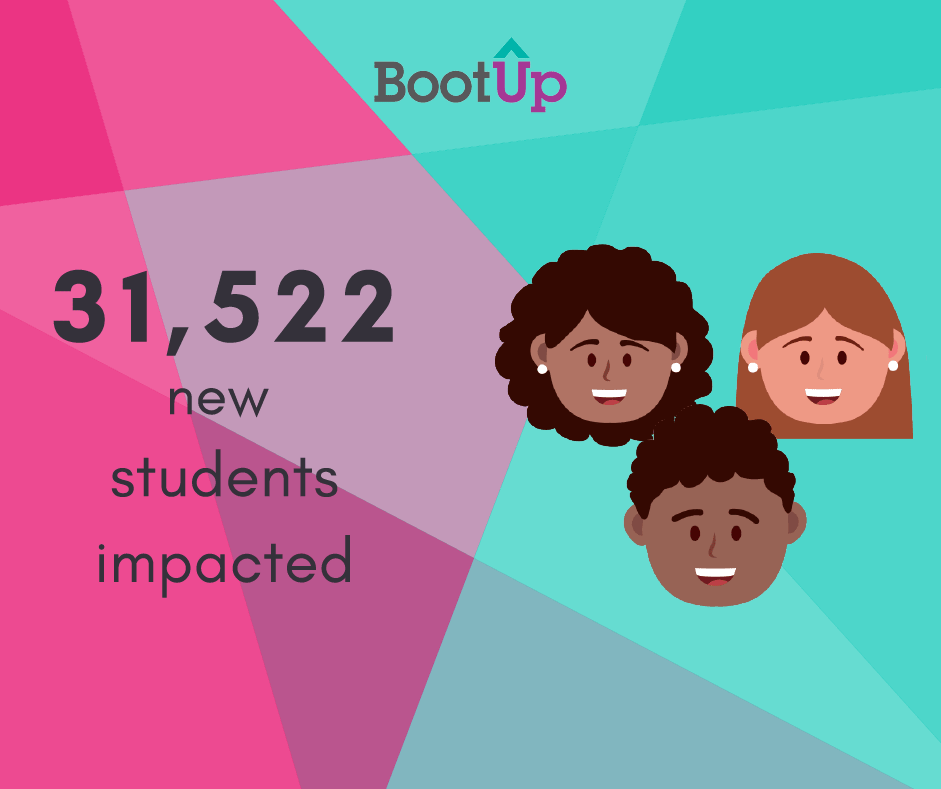
BootUp 2020 Year in Review
This year, we've been busy adding new partnerships with Amazon Future Engineer, renewing our commitment to closing gaps in CS Education, and fighting for equity and inclusion inside and outside the classroom.
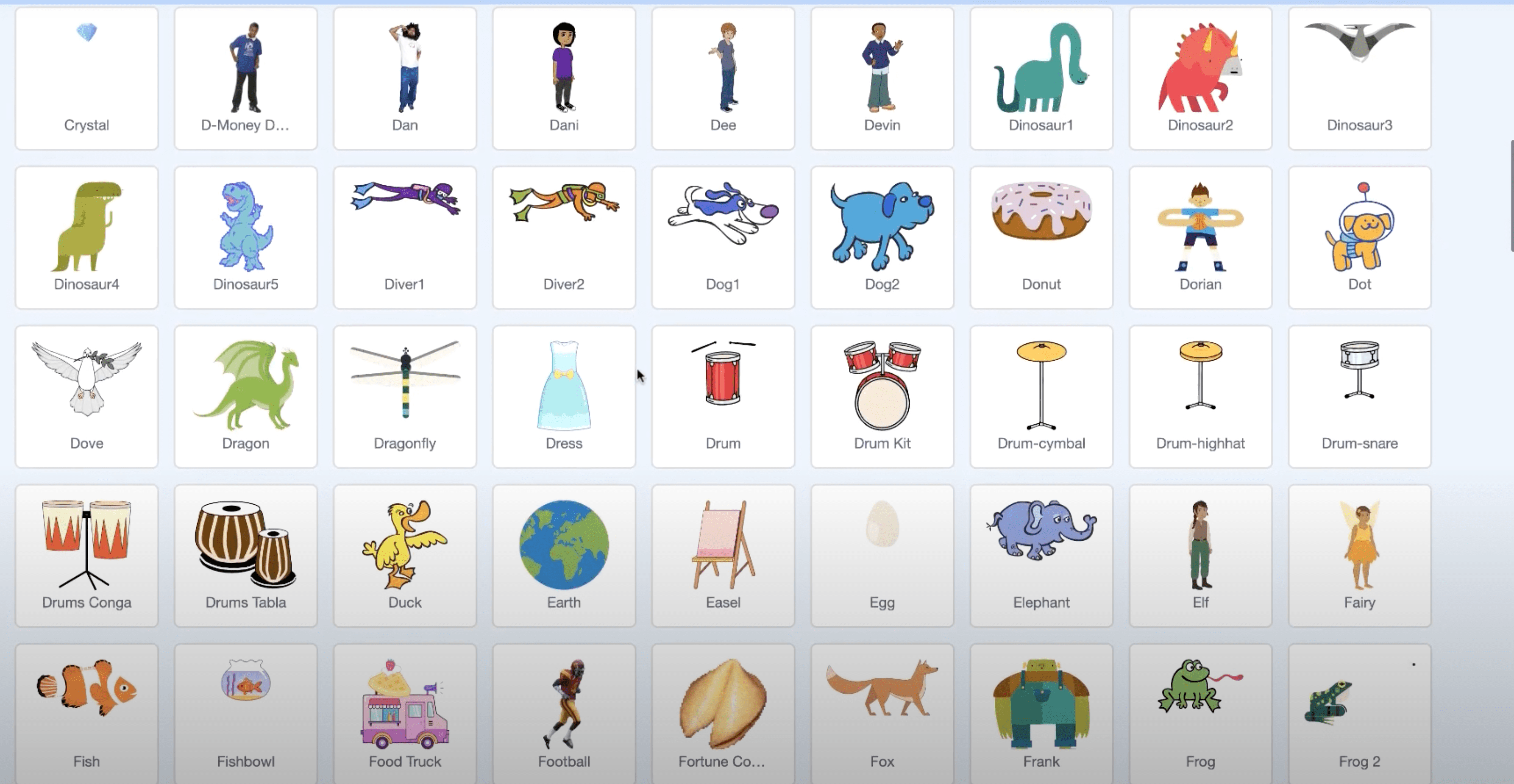
Scratch Packs: Integrating Personal Relevant Themes in CS
At BootUp, we often receive requests from teachers for pre-made materials to help them as they integrate coding into other subject areas. This is an intro to Scratch Packs ways to integrate coding into core-subject areas.
Other Resources
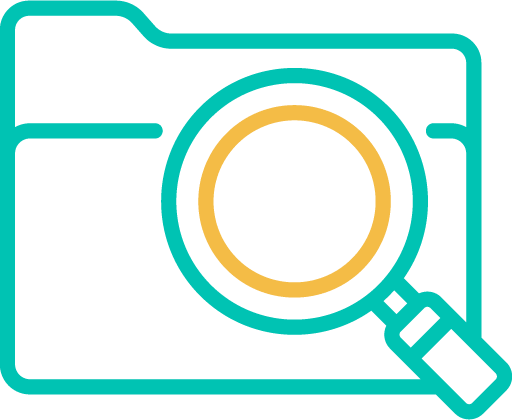
Integration Studios
In addition to the integration suggestions in our lesson plans and our discussion forum, our Scratch account has several studios that demonstrate the potential for integrating projects with Scratch.
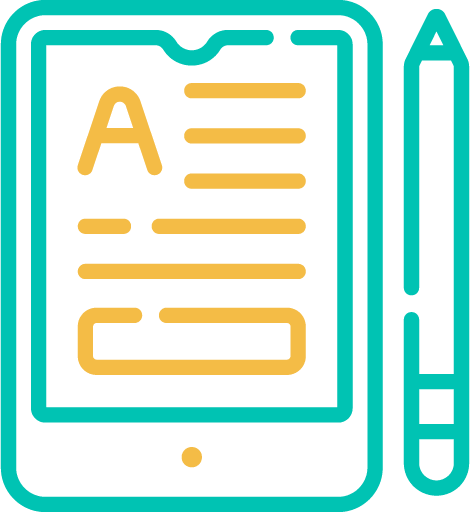
Complete List of Lesson Plans
Use this document to quickly access all of our ScratchJr and Scratch lesson plans and coder resources.
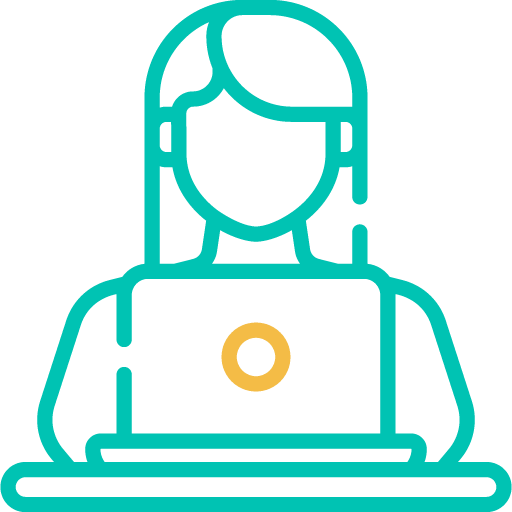
Unplugged Resources
This spreadsheet is a curated list of more than 100 unplugged lesson plans and resources for elementary coders.
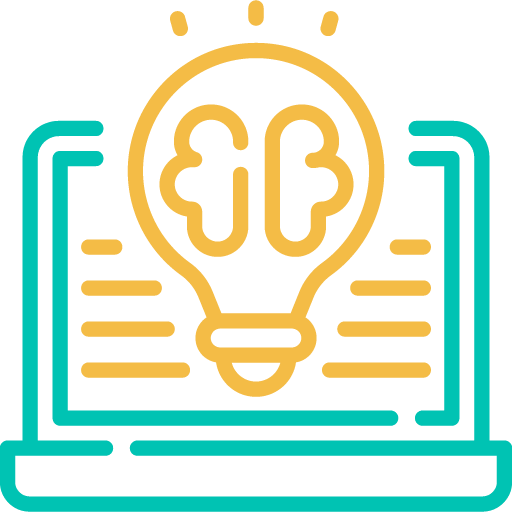
Remote Learning Resources
We’ve compiled some resources to help districts, teachers, and families cope with the rise of school closures around the nation.
